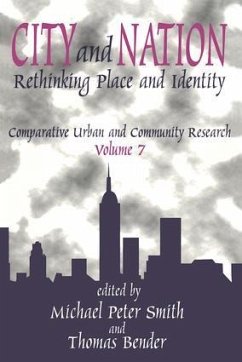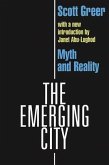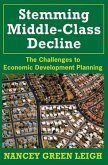This compendium offers a textured historical and comparative examination of the significance of locality or "place," and the role of urban representations and spatial practices in defining national identities. Drawing upon a wide range of disciplines - from literature to architecture and planning, sociology, and history - these essays problematize the dynamic between the local and the national, the cultural and the material, revealing the complex interplay of social forces by which place is constituted and contributes to the social construction of national identity in Asia, Latin America, and the United States. These essays explore the dialogue between past and present, local and national identities in the making of "modern" places. Contributions range from an assessment of historical discourses on the relationship between modernity and heritage in turn-of-the-century Suzhou to the social construction of San Antonio's Market Square as a contested presencing of the city's Mexican past. Case studies of the socio-spatial restructuring of Penang and Jakarta show how place-making from above by modernizing states is articulated with a claims-making politics of class and ethnic difference from below. An examination of nineteenth-century Central America reveals a case of local grassroots formation not only of national identity but national institutions. Finally, a close examination of Latin American literature at the end of the nineteenth century reveals the importance of a fantastic reversal of Balzac's dystopian vision of Parisian cosmo-politanism in defining the place of Latin America and the possibilities of importing urban modernity.
Bitte wählen Sie Ihr Anliegen aus.
Rechnungen
Retourenschein anfordern
Bestellstatus
Storno








